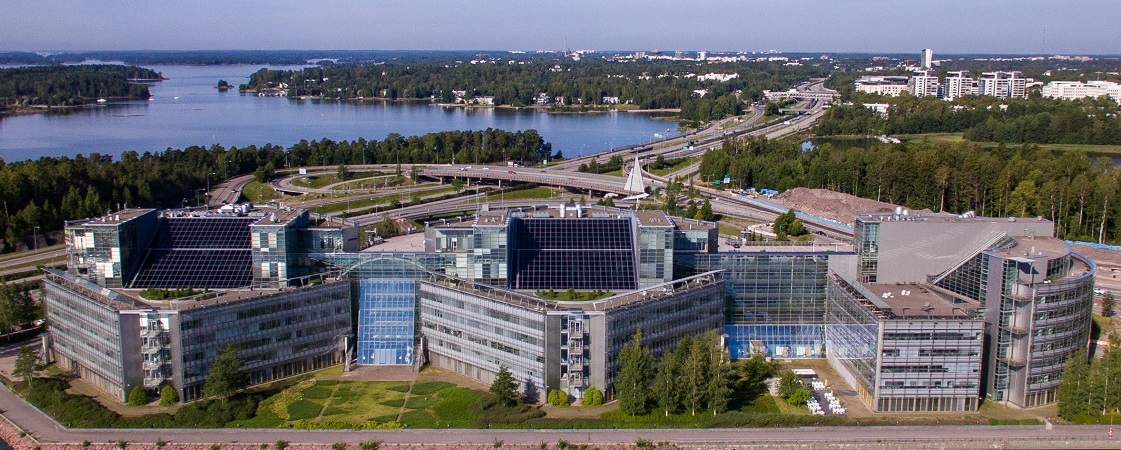SS13 - Team autonomous robots coordination control and navigation
Special Session Organized by |
|---|
|
Prof. Guo-Shing Huang, National Chin-Yi University of Technology, Taiwan; Prof. Cheng-Siong Lee, Monash University, Melbourne, Australia; |
Multiple autonomous robots working in parallel can provide more efficient performance for an assigned task than a single robot. For this reason, it has become a high potential applications in industry. However, the first challenge for this issue is to assign actions to robots under team coordination simultaneously. The environment mapping for robots navigation and path planning under unknown environments is considered as the second chanllenge. To resolve these problems, a self-organizing map based feature achieving a real-time collision-free robot path from the dynamic task assignment of multi-robot may give a good solution. Accordingly, it is an important mission to develop algorithms to incorporate task assignment, path planning, and multi-robot control approaches for autonomous robots.
The coordination communication in multi-robots should be able to escape individual robot ollision when planned in a decentralized manner. The algorithm should also place the different robots judiciously for avoiding near-optimal collision. The time consuming and completion efficiency should be taken account for a good coordination strategy, where it should not overly depend on a robot. At the same time, autonomous navigation for team mobile robots can not be ignored. Some tasks by a set of autonomous robots such as material transportation, exploration or mapping reconstruction should be realized. Additionally, some topics should be studied further, for example, probabilistic localization, environment recognition, sensor based mapping, global wireless sensor systems, vision-based strategies, energy converter and control systems, biomedical engineering, etc.
This session is looking forward to innovative techniques for team robots to explore environments more efficiently. All related research outcomes are welcome.
Topics under this track include (but not limited to): |
|---|
- Autonomous robots’ coordination and navigation
- Signal Processing in Mechatronics and Robotics Control
- Environment recognition for multi-robot navigation and path planning Robot path planning
- Strategies of multi-robot task allocation and implementation
- Machine-learning approaches to multi-robot coordination
- Tracking control of a multi-robot system
- Simultaneous localization and mapping (SLAM) for mobile robots
- Deep learning in robot path planning and control
- Remote robot monitoring and control
- Sensors measurement technology
- Image measurement and control technology
- Sensors measurement technology
- Optimal control and system management
- Vision-based recognition
- Wearable exoskeleton robot
- Biomedical measurement engineering
- Energy converter and control systems
- Other automation control methods and applications
Deadlines |
|---|
| Submission of papers (regular, special sessions) |
|
| Notification of acceptance | |
| Submission of final manuscripts | June 05, 2019 |
Submission Guidelines |
|---|
Same submission guides as mentioned in the submission page apply. Please make sure to select the correct special session from the dropdown menu
Download Call for Papers |
|---|
Click here to download this special session call for papers



